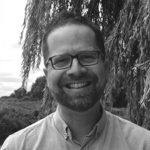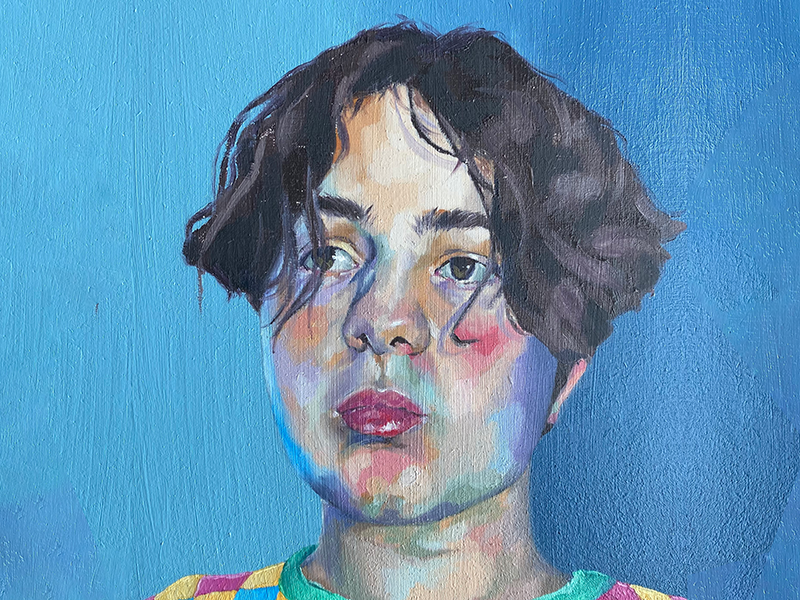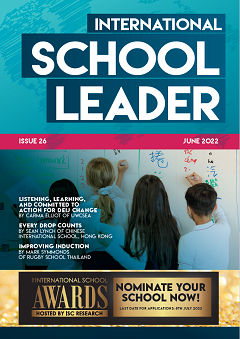By Matthew Savage
Modest estimates suggest that at least 1% of the global population currently identify as trans or non-binary. This means that, even in smaller schools, some of your students will be questioning their gender identity and, in private if not in public, many of these students will be taking their first steps towards transitioning from the sex that was assigned to them at birth. Each of these young people is embarking upon this brave but necessary journey in a world where the rights of trans people are either being rolled back or are already inequitable and few, and where disproportionate numbers will self-harm or attempt suicide.
Spectrum not binary
Most people say they do not know a trans person, and yet many still feel able to debate trans rights in a way that few would debate whether or not any other of the intersecting characteristics theoretically protected by the UK’s Equality Act of 2010 should have equal human rights. As a result, a moral panic has grown in intensity in recent years, which has infected even the most unexpected of domains. However, even a cursory scratching of the surface of science and history will remind us that gender is, and always has been, as much of a spectrum as sexuality and sex and, indeed, most identity characteristics, and has often been celebrated too.
Recording a podcast about transgender
I write this article not to enter into a debate I find othering or, worse still, erasing and existential. Rather, I write this to offer the international school community something simple and positive: the opportunity to get to know one particular, ordinary and extraordinary, trans person yourself; to listen to his story; and to use that story to forge ever more inclusive communities for the children and young people in our care.
In January 2022, my 20-year-old son, Jack, sat down with me for several days to record an intimate dialogue that would become Jack and Me – a potent, candid, podcast conversation about gender and sexuality and a world beyond both, and about unconditional love.
When I had finished and edited the podcast, I knew it wielded real power, but I didn’t fully realise just how much until I had released the podcast and started to receive feedback from some of the hundreds of listeners who have tuned in from over 30 different countries across the world.
-
“…the most powerful personal story I have heard in a long time”
-
“…moving, thought-provoking, humbling and enlightening”
-
“The most important thing I have done today… Listening to Jack’s story [left me] re-evaluating everything I’ve ever said and done with students”
-
“I’m in awe of this conversation and it’s making me think very critically about my own behaviours and my language in the classroom”
-
“I finished listening to the series today and am just blown away by Jack’s bravery and courage – what a thoughtful, considered and articulate young man”
-
“I am left wanting to give him a hug and tell him that we, the world, are proud of him and love him for who he was, is now and will be in the future”
A learning opportunity about inclusivity for all people and for all schools
I have learnt so much too. I have learnt just how insufficient my parenting was when Jack first had the courage to share his reality with me, and how much better a job I could and should have done. I have been warned just how much further we have to go until our schools are actually transinclusive, and that some of the curb cuts we must implement are actually quite straightforward. And I have reflected both on the dark and dangerous road Jack trod when he decided to ask the world to accept him for who he is, but also that he is one of the lucky ones. After all, his immediate, and most of his extended, family still love him unconditionally and for who he is.
I have been reminded that real love is, actually, unconditional. Too often, schools have a tendency to render success, wellbeing and belonging implicitly or explicitly contingent on something being added, and the international school sector too often wears the badge of inclusivity whilst accepting as inevitable the exclusion of some of its students. I have realised that inclusivity, unlike gender, sex or sexuality, is binary: either we are inclusive of every single student in our schools or we inclusive of none. And I now know that any school is only as good as the experience of its most vulnerable, marginalised and disadvantaged child.
Pride
I have two adult transgender children, and I am awed, humbled and amazed by them every single day. They have taught me to be a better educator, a better leader and a better person. I am privileged to have been afforded by them both a platform to write and talk about their community, but in doing so, I ask that you use Jack’s words carefully, sensitively and with respect – and to the benefit of all the LGBTQ+ students in your own schools.
Jack has fought long and hard to have the privilege to decide what he shares and with whom, and it is so important that this podcast neither dilutes nor detracts from that agency in his own, private life.
Whether you are an educator wanting to make their school more transinclusive, a parent whose child is questioning their gender identity or anyone else actively participating in the global pursuit of #deij please visit your preferred podcast provider and listen to Jack and Me.
 Matthew Savage is an educational trainer and coach and a former international school principal.
Matthew Savage is an educational trainer and coach and a former international school principal.
Jack and Me can be found on all good podcast apps, including Apple Podcasts, Spotify and Audible. All episodes are available now. Please try and listen to the full series otherwise you will miss out on the happy ending!
Connect directly with Matthew on LinkedIn


